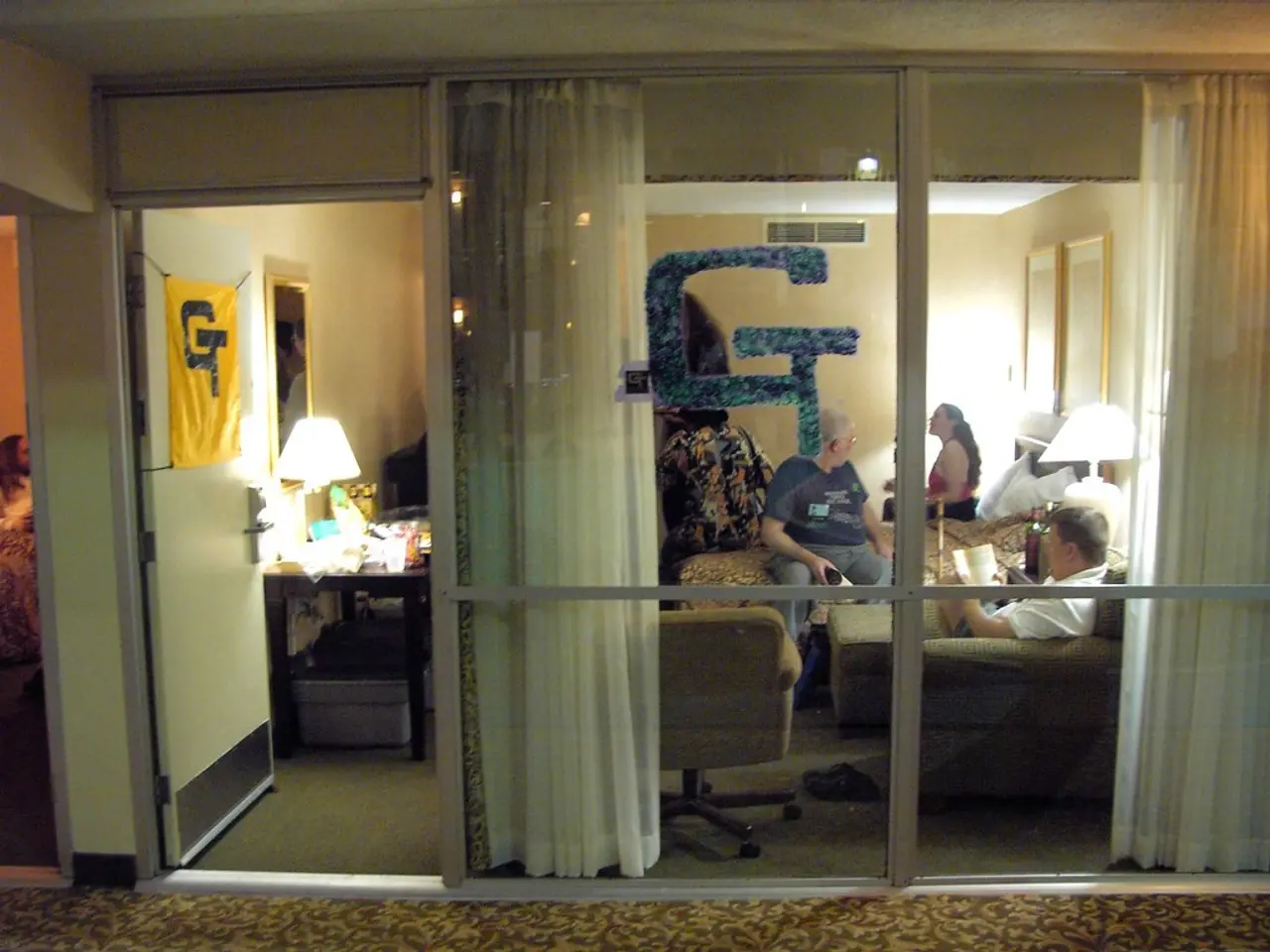Managing Disagreements Among Siblings in Dementia Caregiving
In the complex journey of caring for a loved one with dementia, sibling conflicts can arise, often due to the emotional and physical strain, financial pressures, and differing perspectives on care. Here are some key strategies to manage these conflicts effectively.
Initiate Necessary Conversations
Primary caregivers should proactively communicate with siblings about the realities and demands of caregiving to seek support and balance tasks. Open, honest discussions about caregiving roles, responsibilities, and expectations are essential to avoid resentment and ensure a united effort.
Acknowledge Emotional Challenges
Caregiving causes physical and emotional strain. Recognize that each sibling may experience a range of feelings, from guilt and grief to frustration and exhaustion. Validating each other's feelings and working towards empathy rather than blame is crucial.
Set Clear Ground Rules for Communication
Establish transparency and require fact-based discussions to avoid manipulation and triangulation among siblings. Factual communication, based on the needs and condition of the person with dementia, is key to making informed decisions.
Share Care Responsibilities
Break down caregiving tasks among willing family members or friends. Utilize respite care and adult day programs to reduce burnout. Sharing the load not only eases the burden on any one sibling but also improves family dynamics.
Reframe Expectations and Promises
Maintain your loved one’s dignity and provide them a sense of control, while communicating the necessity of shared or professional caregiving support. This approach helps ensure that everyone is working towards the best interests of the person with dementia.
Consider Professional Mediation or Guardianship if Necessary
When sibling conflict is severe or care decisions become legally complex, professional guardians or mediators may be needed to safeguard the parent’s well-being and reduce family strain.
Communication is the Key
Consistent, respectful dialogue grounded in facts, combined with shared caregiving and professional support, is the most effective way to manage sibling conflicts during the dementia caregiving journey.
Legal Action as a Last Resort
It's essential to seek legal advice when dealing with inheritance conflicts, asset division, and disputes over wills and legal documents. However, legal action should be a last resort. It's generally best to try to resolve conflicts through communication and compromise.
Financial Transparency
Be transparent about financial decisions and expenses related to dementia care. This transparency can help prevent misunderstandings and hard feelings among siblings.
Resolving Conflicts Amicably
Avoid heated arguments or blaming each other. Instead, focus on finding compromises that benefit your loved one with dementia. Embrace flexibility in your caregiving plan, be ready to adapt and support each other during challenging times.
Don't Forget Self-Care
Caring for a loved one with dementia can be emotionally draining. It's essential to set boundaries to prevent burnout and resentment. Don't forget to take care of yourselves. Encourage each other to practice self-care and seek support when needed.
In the end, every sibling is unique, and these differences can lead to misunderstandings. By following these strategies, families can navigate the challenges of dementia caregiving and create a supportive, collaborative environment for their loved one.
- Recognize that the emotional and physical strain, financial pressures, and differing perspectives on care that arise during dementia caregiving can lead to sibling conflicts.
- Primary caregivers should proactively communicate with siblings about the realities and demands of caregiving to seek support and balance tasks, and establish transparency and fact-based discussions to avoid manipulation and triangulation.
- Acknowledge that each sibling may experience a range of feelings related to mental health and wellness, such as guilt, grief, frustration, and exhaustion, and work towards empathy rather than blame to manage these feelings effectively.
- To improve family dynamics and maintain a united effort during the dementia caregiving journey, siblings should share care responsibilities by breaking down tasks, utilizing respite care and adult day programs, and setting clear ground rules for communication that focus on the needs and condition of the person with dementia.




